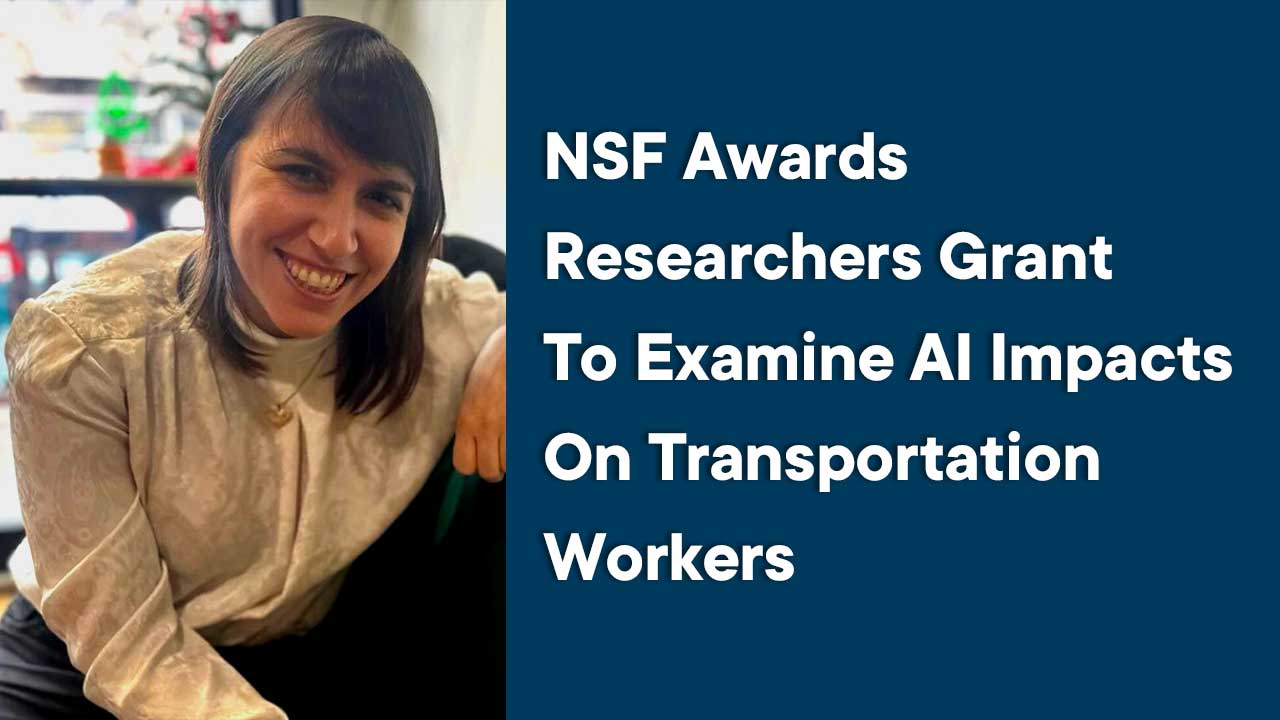The transportation industry has seen rapid technological change over the past decade, much of which has been enabled by the advancement and integration of artificial intelligence (AI) – from route planning and dispatch to autonomous vehicle technology. Research has shown how simpler technologies like electronic monitoring systems and transit scheduling algorithms have been destabilizing for transportation workers, but the impacts of AI technologies remain less explored. A team of researchers including Dr. Nantina Vgontzas, an assistant professor of labor studies at CUNY SLU, has been awarded a $300,000 grant by the National Science Foundation to study these impacts with the goal of informing a transferable set of design principles for responsible AI development and implementation that centers the concerns of workers and their communities.Vgontzas will serve as a co-principal investigator on the two-year planning grant alongside Dr. Sarah Fox of Carnegie Mellon University and Dr. Lilly Irani of University of California, San Diego. The project, awarded by the NSF’s program on Responsible Design, Development, and Deployment of Technologies, builds on the team’s in-depth research across three roadway transportation modes: taxi, transit, and logistics. In partnership with labor and community organizers, the researchers will be developing a framework and set of tools for participatory labor impact assessment, or comprehensive analysis of how the introduction or expansion of AI technologies will affect transportation workers as well as bus and taxi passengers, residents of neighborhoods transformed by rapidly expanding logistics clusters, and other stakeholders. The resulting framework will offer a foundation for future research and policy development.
In the case of the logistics sector, Vgontzas will be drawing on earlier work that examined how the efforts of warehouse workers to improve their working conditions have intersected with community efforts to mitigate the environmental harms of warehouse expansion. With this grant, Vgontzas will now be extending their inquiry into the last mile of logistics, in which drivers of increasingly electrified delivery fleets are subjected to an even more acute collection and aggregation of transportation data that are then used to algorithmically integrate operating systems. The surveillance accompanying electrification and system integration is exacerbating not only the rate of injuries among delivery drivers but, moreover, the extent of delivery network expansion into working-class communities. Formulating responsible AI practices together with drivers and residents can bolster efforts to regulate urban supply chains.
In addition to support from the NSF, Vgontzas will be conducting this research as a faculty fellow with the Center for Place, Culture, and Politics. Each academic year the Center appoints six doctoral fellows from the CUNY Graduate Center and six faculty fellows from throughout CUNY. This year’s fellows are convened under the theme of Anti-Capitalist Environmentalism.

